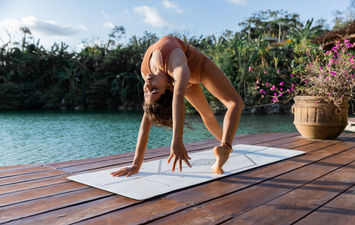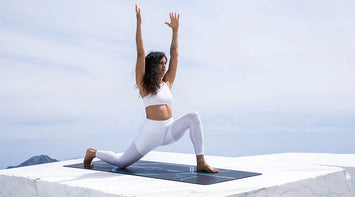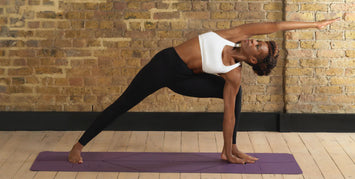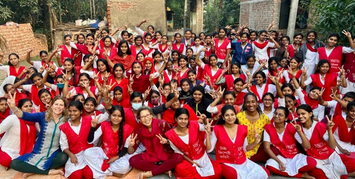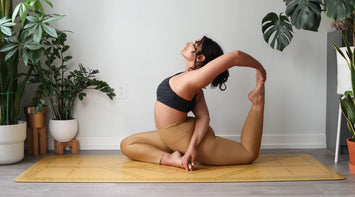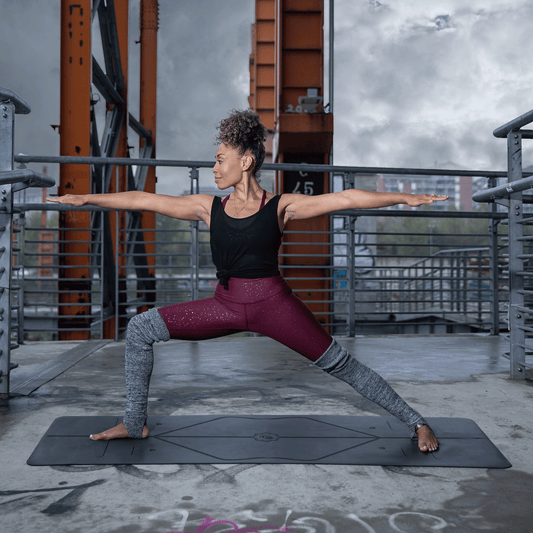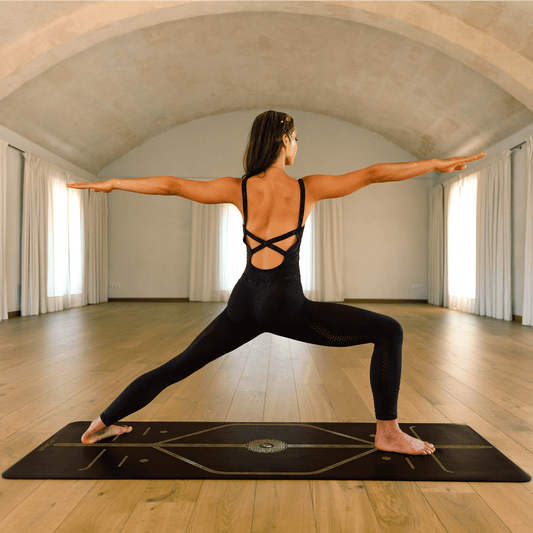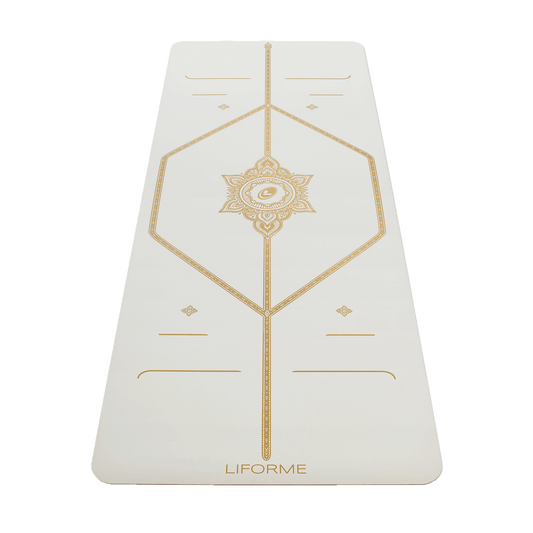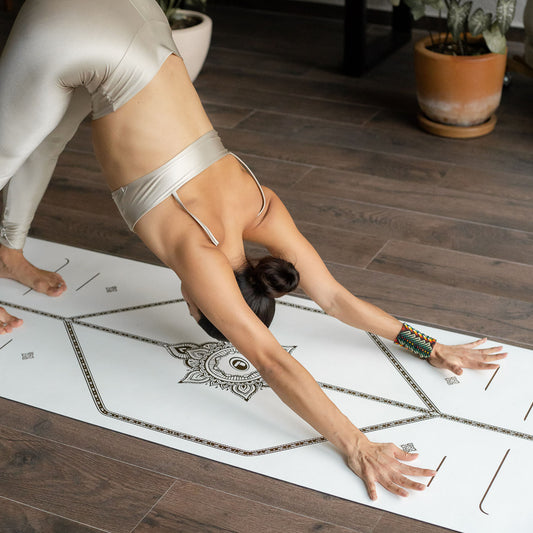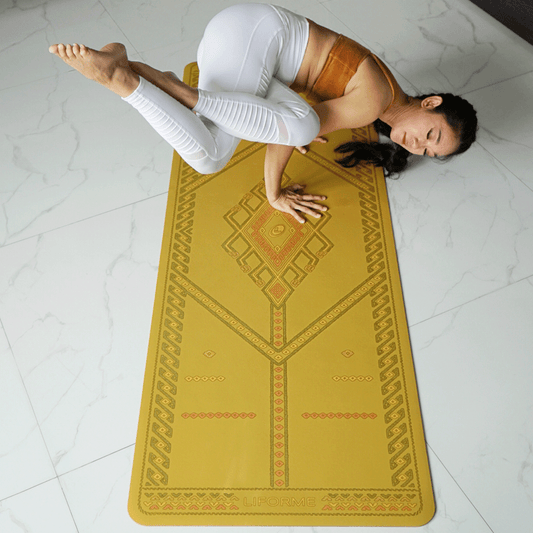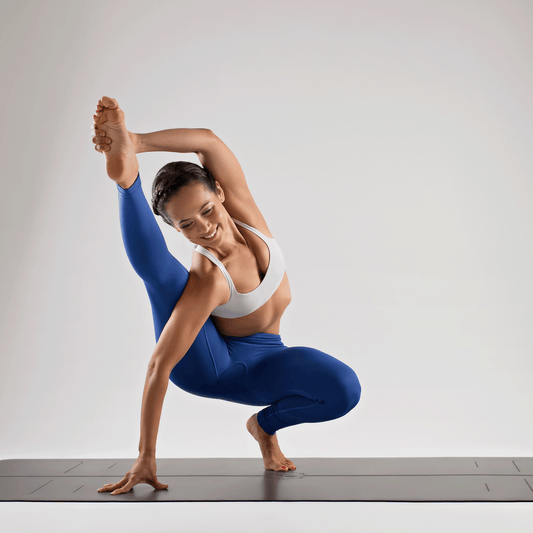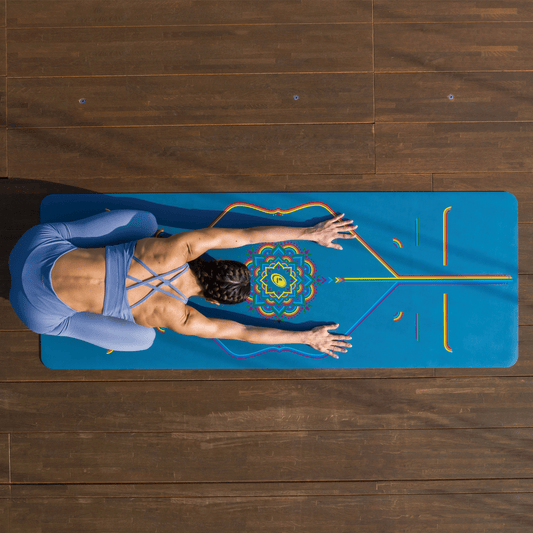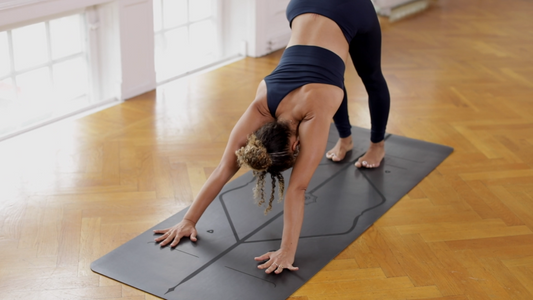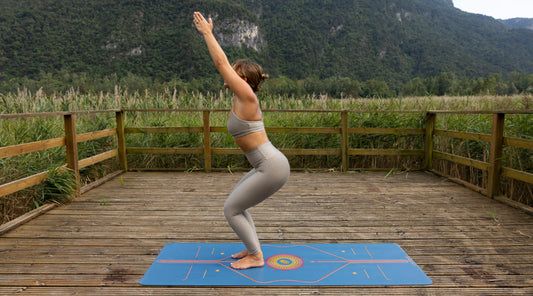Yoga retreats offer the chance to unplug from everyday life and destress while diving deeper into yoga asana, pranayama, meditation and more. Going on a retreat is like pressing the pause button and giving yourself the opportunity to reset your body and your mind.
When you’re booking your first yoga retreat, you’ll likely have a lot of questions: Where should you go? What will it be like? How much will it cost? Planning ahead allows you to set that mental chatter to the side and fully immerse yourself in all the retreat experience has to offer. And if that place happens to include palm trees swaying gently in the breeze, all the better.
How do I pick a good yoga retreat?
If your timing is flexible, signing on to a retreat with a teacher that you already know and like removes a big variable from the equation. Most teachers put a lot of thought and effort into planning their retreats, so take advantage of their hard work. If you go with a teacher from your home studio, you may also meet people who you can continue to see when you get back. Strong friendships can be forged quickly during intense experiences like retreats.
If you don’t have a regular teacher, don’t worry. It’s not too difficult to get the vibe of a teacher, and the retreat they will lead, by looking at their website and social media accounts. As with booking any travel arrangements, it’s well worth doing your research, comparing plenty of different options, and getting recommendations from people you trust.
What if my schedule is tight?
If you are limited by your schedule, you’ll have to pick out a retreat primarily by its location and reputation. You can choose to book directly with the retreat centre or go through one of the great independent companies that organise yoga holidays.
If you have a week or less, pick a destination that doesn’t require you to travel too far out of your time zone. Mexico and Costa Rica each boast a lot of options for North Americans looking to escape cold weather. Spain and Italy offer the same promise to Europeans. Bali, Thailand and, of course, India are popular destinations in Asia, where yoga retreats abound.
Though traveling to warmer climes is a big attraction in the winter, you’ll also find there are a lot of options to retreat much closer to home, wherever that may be. You don’t have to go very far to feel removed from your daily life. A quick search ("yoga retreats near me') will turn up nearby options that can save you a lot of time and money.
How do yoga retreat centres work?
Some yoga retreat centres are open year-round while others operate seasonally. Most host groups that arrive with a particular teacher that is leading the retreat that week, and some also provide classes with staff teachers for clients that are travelling independently. The centre provides the setting, meals, and often other activities like organised outings and spa services, for which there will likely be an extra charge.
What will the retreat schedule be like?
A typical schedule includes two yoga classes and three meals per day. The morning class is usually the more vigorous and may start quite early. Breakfast is generally served after class, although you’ll often be provided with the option of a light snack (think fruit, nuts, and tea) before class for those who can’t operate on a completely empty stomach. In the middle of the day, expect a choice between free time and planned activities. Depending on your location, these may include beach outings, hikes, surfing, or cooking classes. Expect to pay a surcharge for special classes or treatments like massages. The afternoon yoga session might have a more restorative or slow flow vibe.
Group meditation may also be available, often in the early mornings before the first yoga class. During the yoga sessions and/or in the evenings, some teachers like to incorporate music, discussions, or group chanting. Nights wind down early since most people are ready to hit the hay after all that yoga.
Any of the supplemental activities outside of yoga will be entirely optional and no judgments will be passed if you prefer to relax on your own and read that book you’ve been longing to get stuck into. That said, be open to trying something new. You may be surprised to find that your comfort zone is ready to expand its borders.
What if I’m new to yoga?
If the retreat is geared toward experienced yogis or teachers, this will usually be made really clear up front. You do not have to be a yoga superstar to get a lot out of a retreat experience. However, it’s a good idea to practice a little more frequently in the weeks before you go in preparation for the sheer quantity of asana that is going to be thrown at you. Otherwise, you may find yourself spending your week in paradise too sore to enjoy yourself.
Make sure to tell your teachers if you are a beginner and remember that you can sit out any poses at any time. It’s very normal to have students of all different levels at retreats. A good teacher will always cater to the needs of each individual as well as the group as a whole and will guide you to practice at a pace that’s right for you.
How much will it cost?
The price tags on yoga retreats vary a lot. Most of the time, the listed price includes room and board (two to three meals per day) but not airfare. Retreats originating in the U.S. tend to cost the most, with added premiums for well-known teachers. In Europe and Asia, the retreat fees and regional flights are generally much more economical. When booking abroad, keeping an eye on exchange rates is key. You may come out with a bargain when your home currency is strong.
Cheaper retreats will provide more rustic lodgings, shared bathrooms, and simple food. If you’re on a budget, a shorter retreat (a weekend, say) closer to home is a more affordable option. On the opposite end of the spectrum, you can retreat in luxury with high thread-count linens, private yurts, and fine cuisine. The more you pay up front, the more extras are likely to be included.
One thing you can do to significantly lower the expense of a retreat is share a room. Opting for dormitory sleeping can get you a big discount in many cases. While having multiple roommates might seem like a deal-breaker, it doesn’t have to be. It’s temporary and you probably won’t be spending a lot of time in your room anyway. Plus, you’ll be so tired (in a good way) at the end of each day that you’ll sleep like a baby wherever you are.
What kind of food will be provided?
You may have observed that some yoga people tend to be, shall we say, particular, about their diets. Retreat centres know their clientele and will usually offer fresh, healthy food with vegetarian and gluten-free options. When catering to a group of mixed eaters, however, it’s difficult to provide for every variety of dietary restriction. Most retreats will feature local cuisine. Alcohol may not be offered, unless, of course, it’s a yoga and wine retreat in Tuscany! If the food is especially important to you, prioritise it in your selection process.
Will I have to go phone-free?
That really depends on whether you want to. No one is going to pry your iPhone from your unwilling hand, but some retreat centres do have rules about the use of digital devices in public areas or are so remote that the connectivity we take for granted is spotty at best. If you are a compulsive checker of email, you may want to do yourself a favour by going for a digital detox. You can always latergram your sunset handstands when you get home.
Anything else I should know?
Do your research, lay your best plans, and then open yourself up to the retreat experience. Do something new, grow, and change. Go away and come back different.
Love,
Liv x






